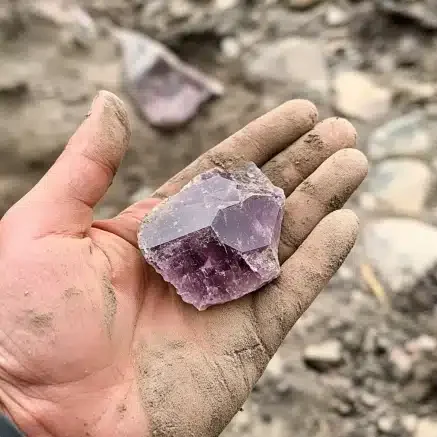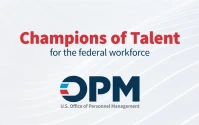So, are we really supposed to buy this?
China’s Ministry of Commerce says its move to lock down the global supply of china rare earth minerals is just a "legitimate" effort to "safeguard regional security."
Give me a break. That’s like the mob saying their protection racket is just a neighborhood watch program. Let’s call this what it is: a shakedown. This is a strategic, calculated squeeze on the arteries of the modern world, and Beijing is holding the tourniquet. They’re not safeguarding anything except their own leverage.
And Trump’s reaction? Pure political theater. He’s on social media screaming about how he’s been “proven right!” as if this is some personal vindication. This isn't a surprise, Mr. President. This is the inevitable result of a decades-long policy of willful ignorance. We saw this coming from a mile away. No, "saw it coming" doesn't cover it—this was an inevitability written in flashing neon signs that everyone in Washington, Brussels, and Tokyo decided to ignore because the quarterly profits were just too good.
For years, we’ve been addicted to cheap everything from China. We outsourced our manufacturing, our pollution, our difficult labor… and now we’re shocked when the bill comes due. Honestly...
The Digital Hand Around Our Throat
Let's be clear about what are rare earth minerals. They aren't just some obscure elements on the periodic table you forgot about after high school chemistry. They are the lifeblood of the 21st century. Neodymium, dysprosium, terbium—these are the secret ingredients in your iPhone, the magnets in your electric vehicle’s engine, the guidance systems in a Tomahawk missile, and the guts of wind turbines. They are, in short, everything.
And China controls somewhere around 80-90% of the global processing capacity. This ain't some abstract economic debate happening in a university classroom. This is the geopolitical equivalent of finding out the only guy who sells oxygen has just decided to triple the price and might cut you off if you complain too loudly. What are we supposed to do, just hold our breath?

The Chinese government claims the impact will be "very limited" after studying the supply chains. That’s the kind of reassuring statement that should send a cold spike of terror down your spine. It’s the PR-speak version of "this won't hurt a bit" right before the needle goes in. They know exactly how much this will hurt. That’s the entire point. They’re demonstrating, in the clearest possible terms, that they can turn off the global tech economy whenever they feel like it.
And offcourse, the US response is more tariffs. Threatening 100% tariffs is like trying to put out a house fire by throwing gasoline on it. It makes for a great headline and fires up the base, but what does it actually solve? It doesn't magically create a domestic supply chain for USA rare earth elements that we dismantled decades ago. It doesn't build the incredibly complex and environmentally toxic refineries needed to process these critical minerals. That takes years, maybe a decade, and billions of dollars we don't seem keen on spending. Then again, maybe I'm the crazy one here. Maybe a trade war is exactly what you need when the other guy holds all the cards.
We Clicked 'Agree' on Our Own Demise
You know what’s funny? The source material I was looking at for this story was mostly garbage. One page was literally a cookie policy from NBCUniversal, asking me to consent to being tracked, measured, and analyzed. And in a moment of bleak, dark humor, I realized it was the perfect metaphor for this whole mess.
For thirty years, the West has been clicking "Agree" on the terms and conditions of globalization without reading the fine print. We wanted cheap electronics, fast supply chains, and none of the environmental or labor headaches that come with actually making things. The fine print, buried deep in Article 34, Section B, Subsection C, basically said: "In exchange for these conveniences, you agree to cede control of the foundational elements of your entire technological society to a strategic rival."
We just clicked "Agree." Over and over.
Now we're facing the consequences. China isn't just a factory anymore; it's the landlord, and the rent is due. They're not just playing hardball; they're changing the rules of the game itself. While we were arguing about pronouns and getting outraged over tweets, they were cornering the market on the 17 elements that make our world go 'round.
So what happens now? Rare earth stocks jump after Trump says China holding world captive with its strict controls. Consultants will get rich writing reports on supply chain resilience. Politicians will make fiery speeches. But the fundamental reality won't change overnight. The phone in your pocket, the computer you're reading this on, the green-energy future everyone keeps promising—it all runs on a supply chain that starts and ends in China. Are we prepared for what that really means?










